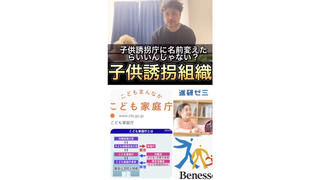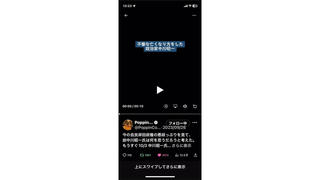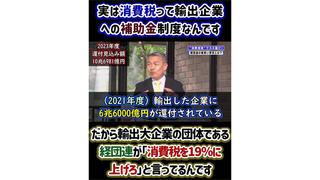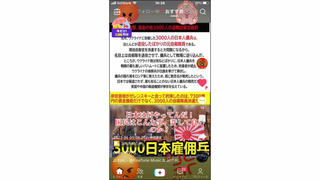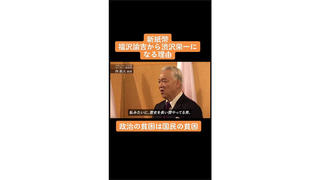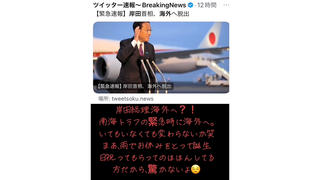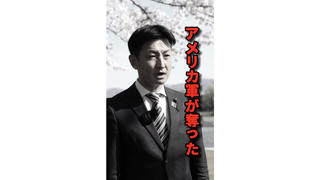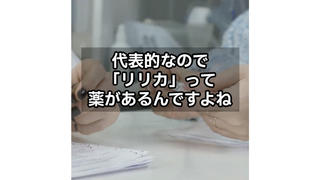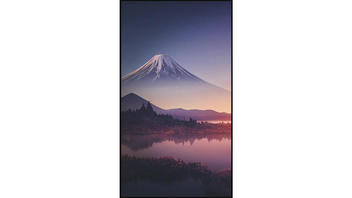
Did the Chinese begin dispersing mineral water into the ocean to neutralize contaminated water from Fukushima nuclear power plants? No, that's not true: A group of Chinese individuals were engaged in an activity known as "Release," which involves releasing captured fish, birds, and other creatures back into their natural habitats. In Buddhism, this practice is considered a virtuous act of kindness.
The claim appeared on a TikTok video (archived here) on September 14, 2023. The text (translated from Japanese to English by Lead Stories staff) reads:
The Chinese begin dispersing mineral water into the ocean to neutralize water contaminated by Japan's nuclear power plants.
This is what the post looked like on TikTok at the time of writing:
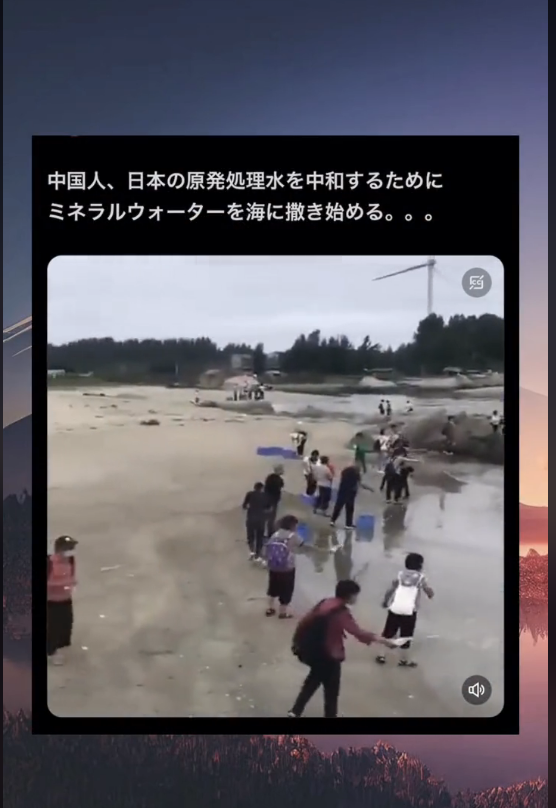
(Source: TikTok screenshot taken on Thu Sep 14 15:22:20 2023 UTC)
Fukushima nuclear power plant discharged ALPS Treated Water to the sea to deal with accumulating contaminated water caused by the nuclear power plant disaster from the March 11, 2011 Great East Japan earthquake.
China has been criticizing Japan's actions and many Chinese are demonstrating against Japan.
But this video has nothing to do with the Fukushima disaster.
The same video is available on the Chinese microblogging website, Weibo. It reports in Chinese and below is the translation using Google translation:
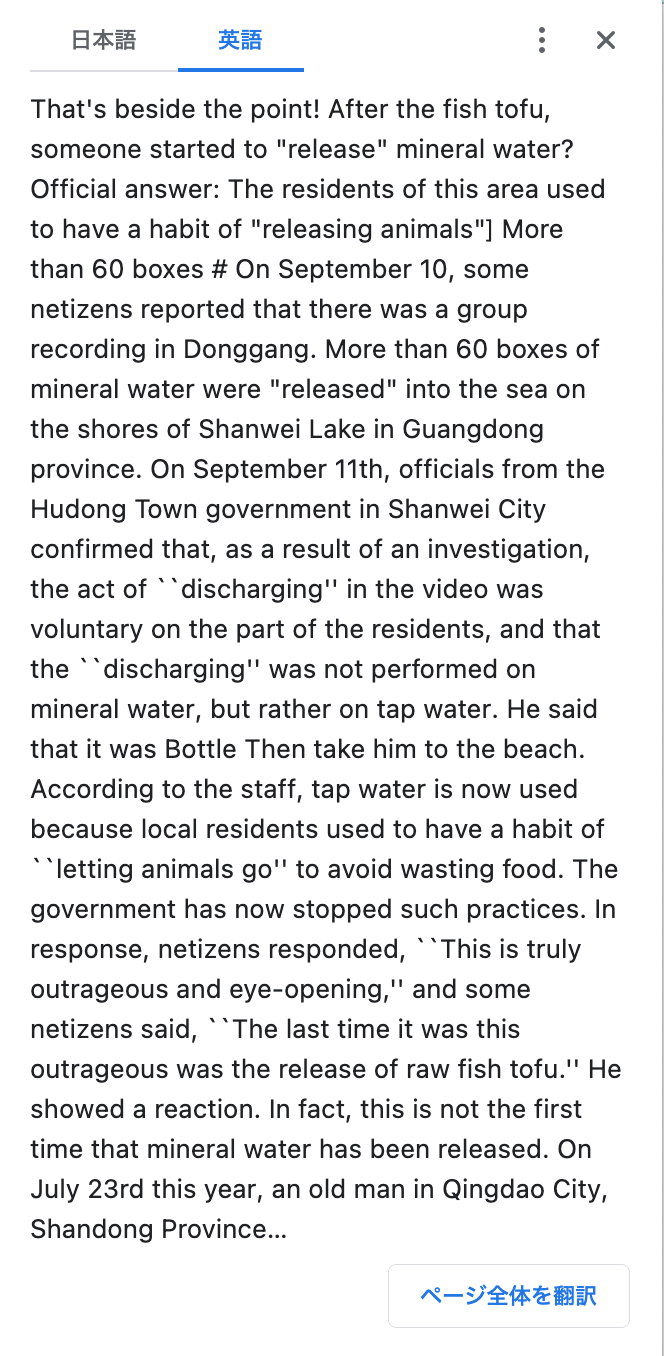
According to the text, the water in the bottles is tap water. Also, they were "letting animals go" to avoid wasting food.
This is a Buddhist animal release practice. According to BUDDHIST ANIMAL RELEASE PRACTICES: HISTORIC, ENVIRONMENTAL, PUBLIC HEALTH AND ECONOMIC CONCERNS by Henry Shiu and Leah Stokes,
This is The ceremony of 'animal release' or 'release of living beings' (Chinese: fangsheng; Japanese: ho¯jo¯-e; Tibetan: Tshe thar) is one of the regularly performed rituals in Buddhist practice throughout Asia, and, in recent decades, in the West. At the heart of the ceremony is the freeing of captive animals into their 'natural habitat', usually understood as a means of cultivating 'compassion'


